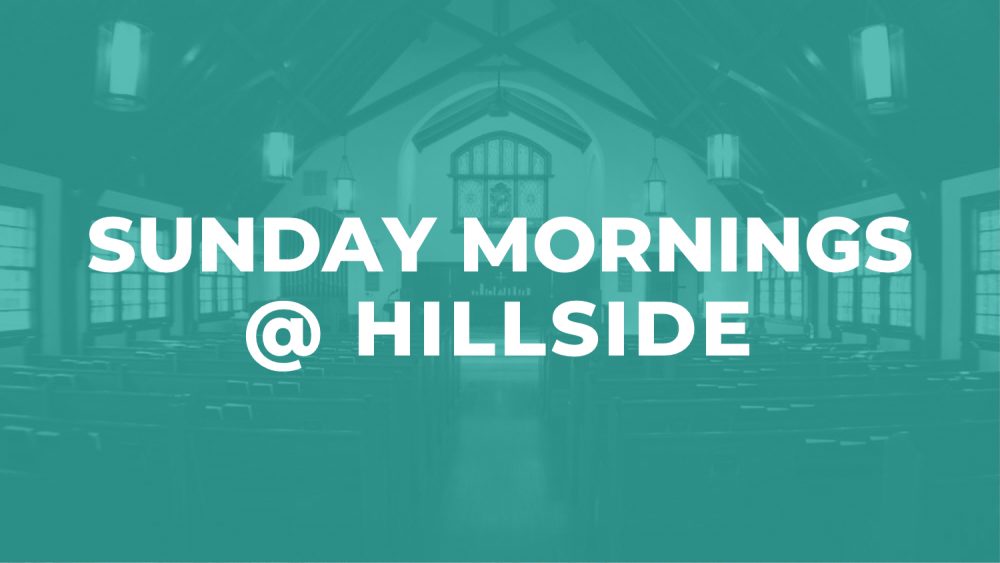Loading Content...
The link has been copied to your clipboard; paste it anywhere you would like to share it.
CloseScripture References: Matthew 11:16-19
Related Topics: Compassion, Healing, Purpose | More Messages from Rev. Meredith Allen

Rev. Dudley Rose
1 Corinthians 13:1-13

Rev. Lawrence Bergstresser
Isaiah 5:1-7; John 15:1-8

Rev. Dudley Rose
James 2:1–9, 14-17
© 2025 Hillside Community Church.
Site built with love by Small Steeple Web Builders.